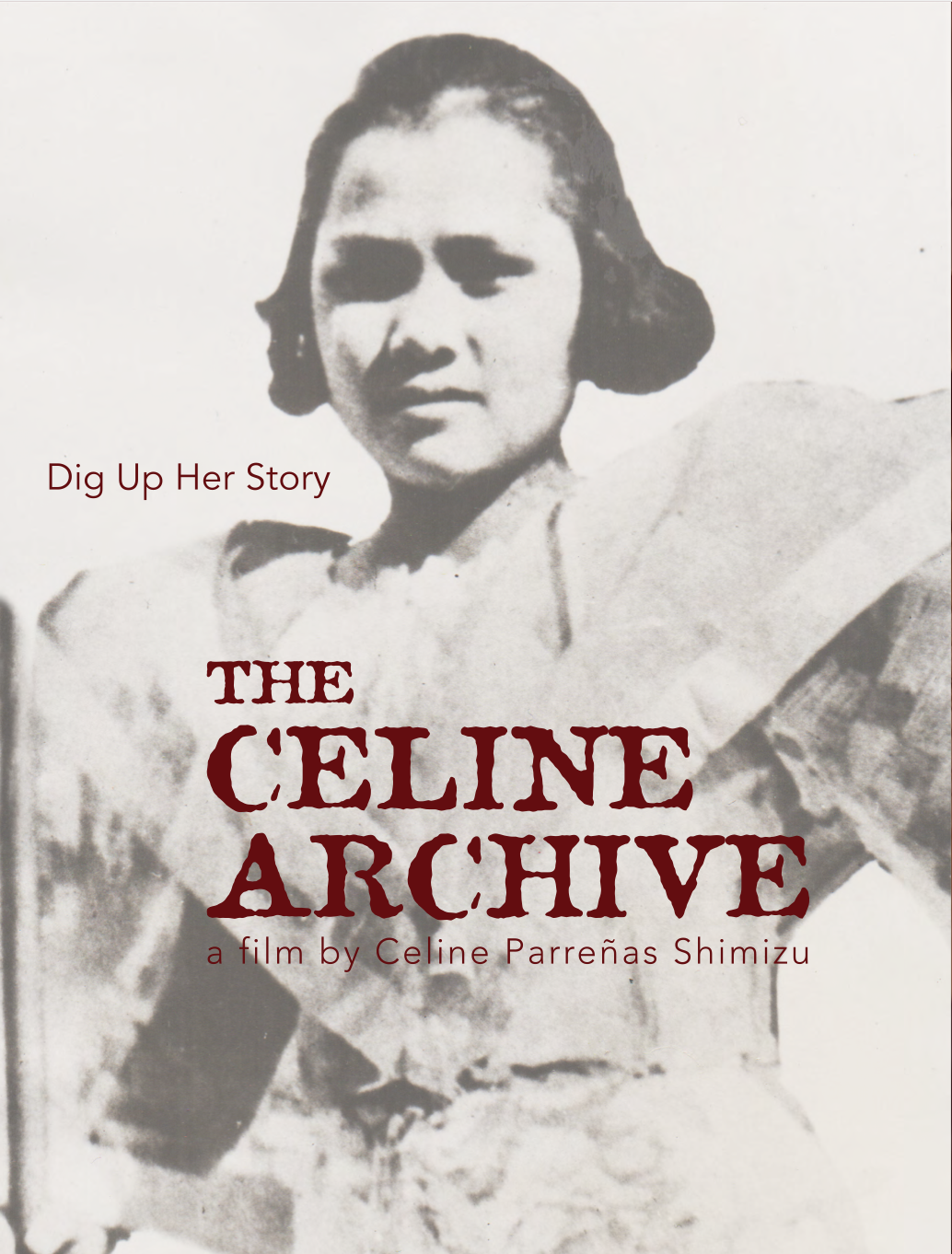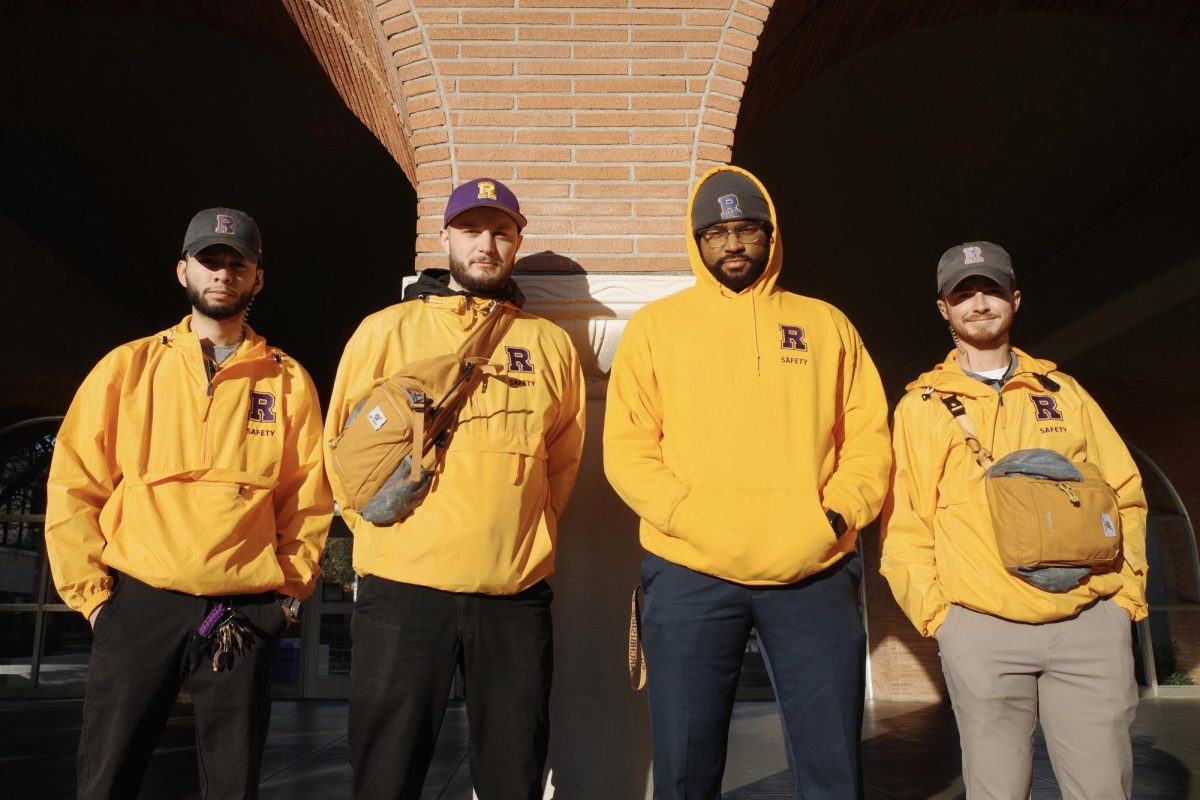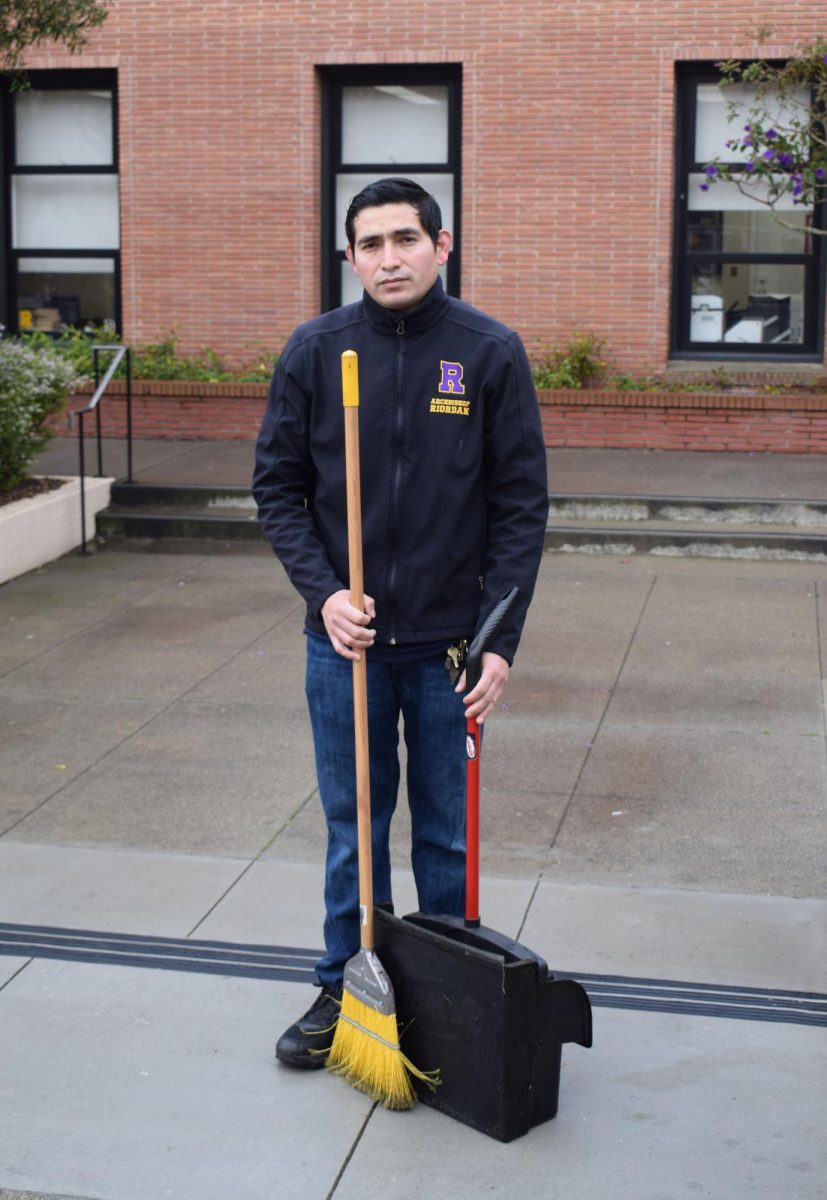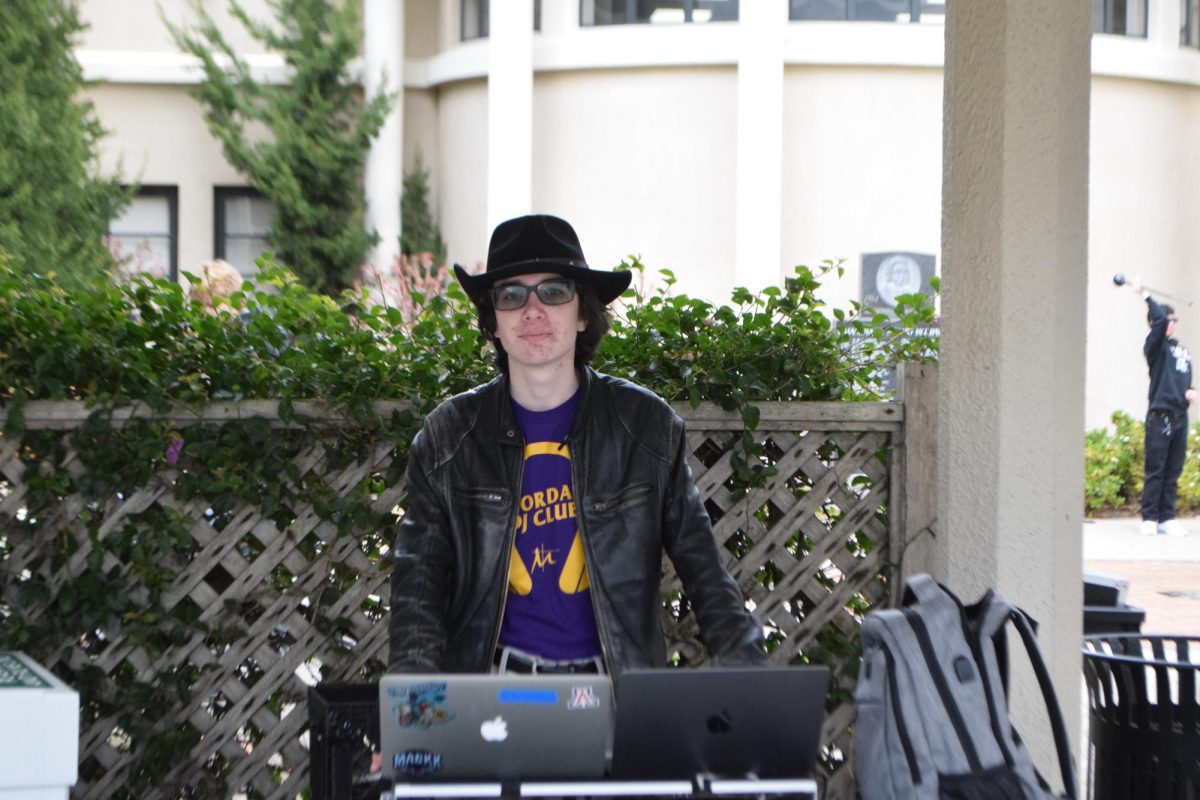Nov. 20, 2022 is for many an unassuming day. But for descendants of Celine Navarro, it marks a painful occasion that sent ripples of shock throughout the nation.
On that day 90 years ago, in 1932, Celine Navarro, a Filipina American immigrant, was buried alive by members of a Filipino fraternal organization.
For decades, many had assumed her death had merely been a well-deserved punishment for committing adultery and turning her back on her family. But the truth is often not as it appears, and in the case of Celine Navarro, that rings true.
Historical documents and oral stories reveal that Navarro gave testimony against two members of a fraternal organization who attacked a man providing shelter for a woman hiding from abuse.
According to Celine Parreñas Shimizu, filmmaker and creator of the documentary “The Celine Archive,” Navarro’s story was distorted as part of a community-wide decision which “deemed her unimportant, and that the reputation of the community at large needed to be protected above all else, even at the cost of an innocent woman.”
Rather than the disloyal adultress she was portrayed as in newspapers from the time, Navarro was a devoted mother, one “whose intimate bond with her children is still remembered to this day.”
About a year later, a man confessed to hearing of a confidential trial where members of his fraternal organization decided that a woman was to be buried alive. After some searching, the police found two men involved in the burial, who then confessed to the crime.
News of the crime quickly spread, and the Filipino American community faced widespread ostracism as many newspapers characterized the Filipino people as barbaric and tribalistic. In spite of the coverage, the culprits were later acquitted, and the story largely faded away into the folk tale that many know it by today.
However, due to Shimizu’s documentary, there has been renewed interest in Navarro’s case beyond the ghost story that she was reduced to for many years. Ultimately, Shimuzu hopes that Navarro’s story inspires a next generation to dig deeper into the stories of those who have paved the way for us. “Navarro’s story is an invitation to find your history and claim it, even if it’s ugly. Navarro should be lauded as a heroine. She did it for us, for every Filipina.”









